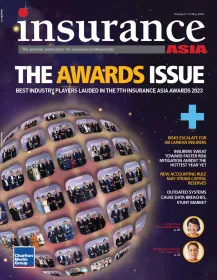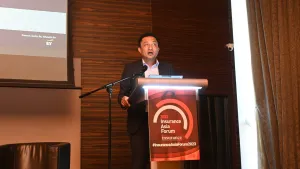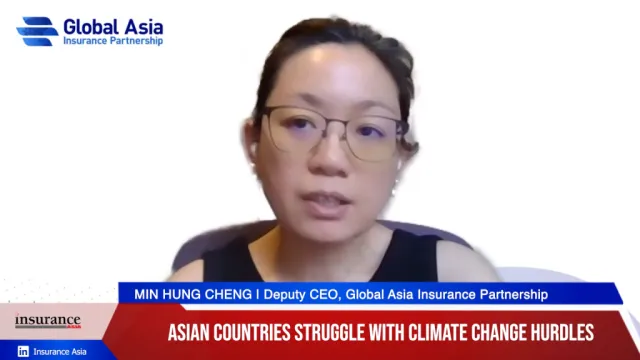
New equity requirements to foster competition in Indonesia's takaful sector
Fitch Ratings forecasts a growth rate of 5% to 10% for 2024.
Indonesia’s new equity requirements for the takaful and retakaful sector are expected to have significant implications for the industry, Fitch Ratings said in a note.
The new equity requirements are likely to foster healthy competition within the takaful and retakaful sector.
However, they may also prompt consolidation as weaker insurers may struggle to meet the requirements. This consolidation could lead to a more streamlined and robust industry landscape.
Despite challenges such as low financial literacy in sharia products, volatile profitability, and distribution channel gaps, Fitch Ratings forecasts a growth rate of 5%-10% in the sector's contributions for 2024.
This growth is supported by Indonesia's status as the sixth-largest takaful market globally and the potential from its low insurance penetration rate, halal businesses, and takaful window spin-offs.
Almost half of the companies in the sector will need to raise capital to meet the new equity requirements by the end of 2026.
However, capital generated through growth is unlikely to be sufficient, posing challenges for many insurers. This underscores the need for strategic planning and capital-raising initiatives.
ALSO READ: Indonesia bumps up minimum equity requirement amidst financial dilemma: Report
The takaful sector's market share decreased to 8.2% in the fourth quarter of 2023 from 9.4% in the fourth quarter of 2022, primarily due to lower contributions from life sharia.
This highlights the importance of addressing challenges and seizing growth opportunities to maintain or increase market share.
The Indonesian Financial Services Authority's spin-off requirements are expected to encourage takaful companies to optimize their business development potential.
Over 70% of takaful windows are projected to be spun off by the end of 2026, with the remaining 30% transferring their sharia portfolios to full-fledged takaful companies. This regulatory measure aims to enhance operational efficiency and governance within the sector.
The capital requirements for takaful and retakaful companies will increase over time, with IDR100b and IDR200b set for the end of 2026, respectively.
By the end of 2028, these requirements will rise further, with companies offering a full range of takaful products needing at least IDR500b for takaful and IDR1t for retakaful. These higher capital requirements aim to ensure financial stability and resilience within the sector.











 Advertise
Advertise












